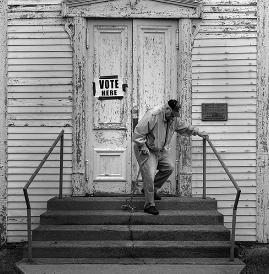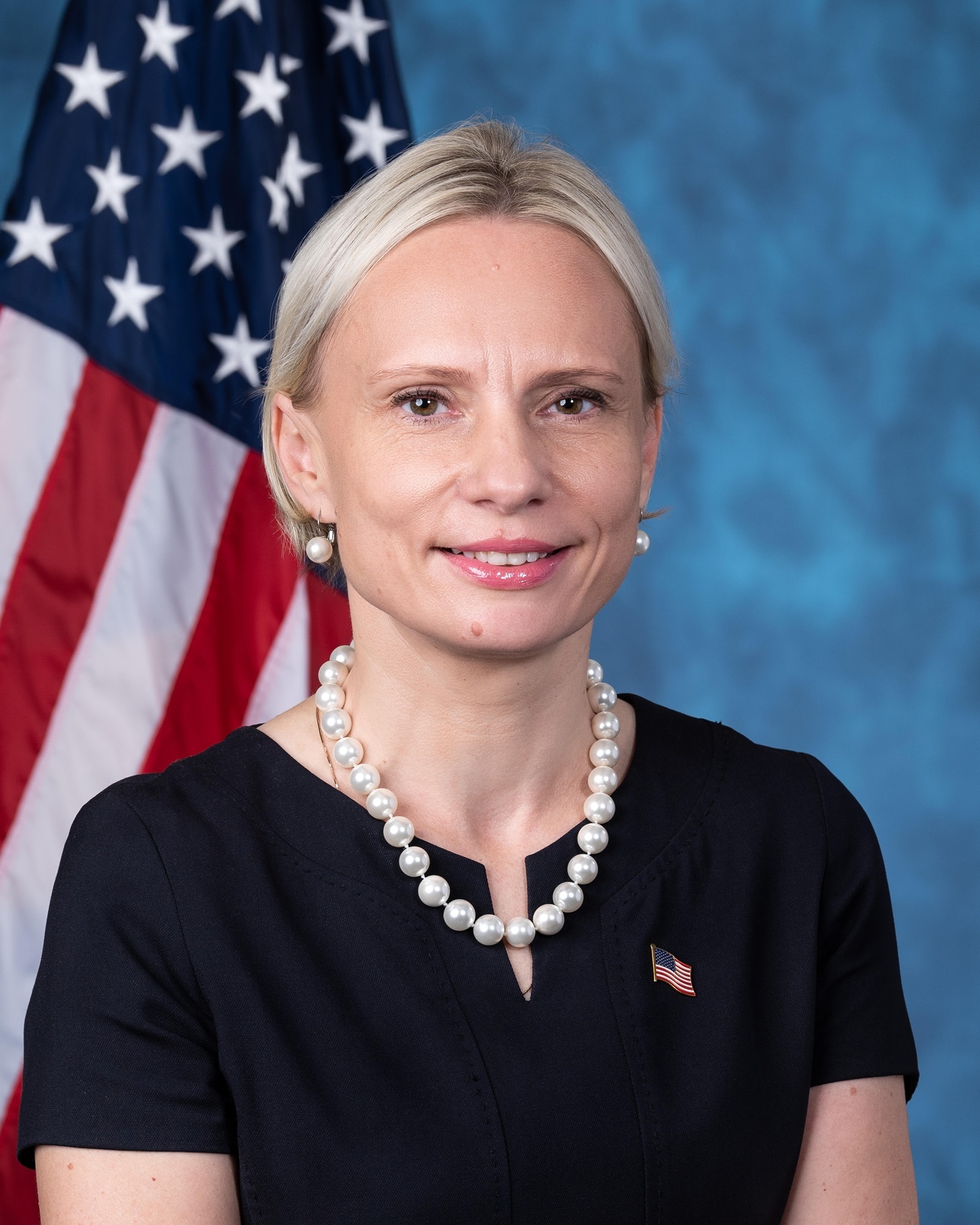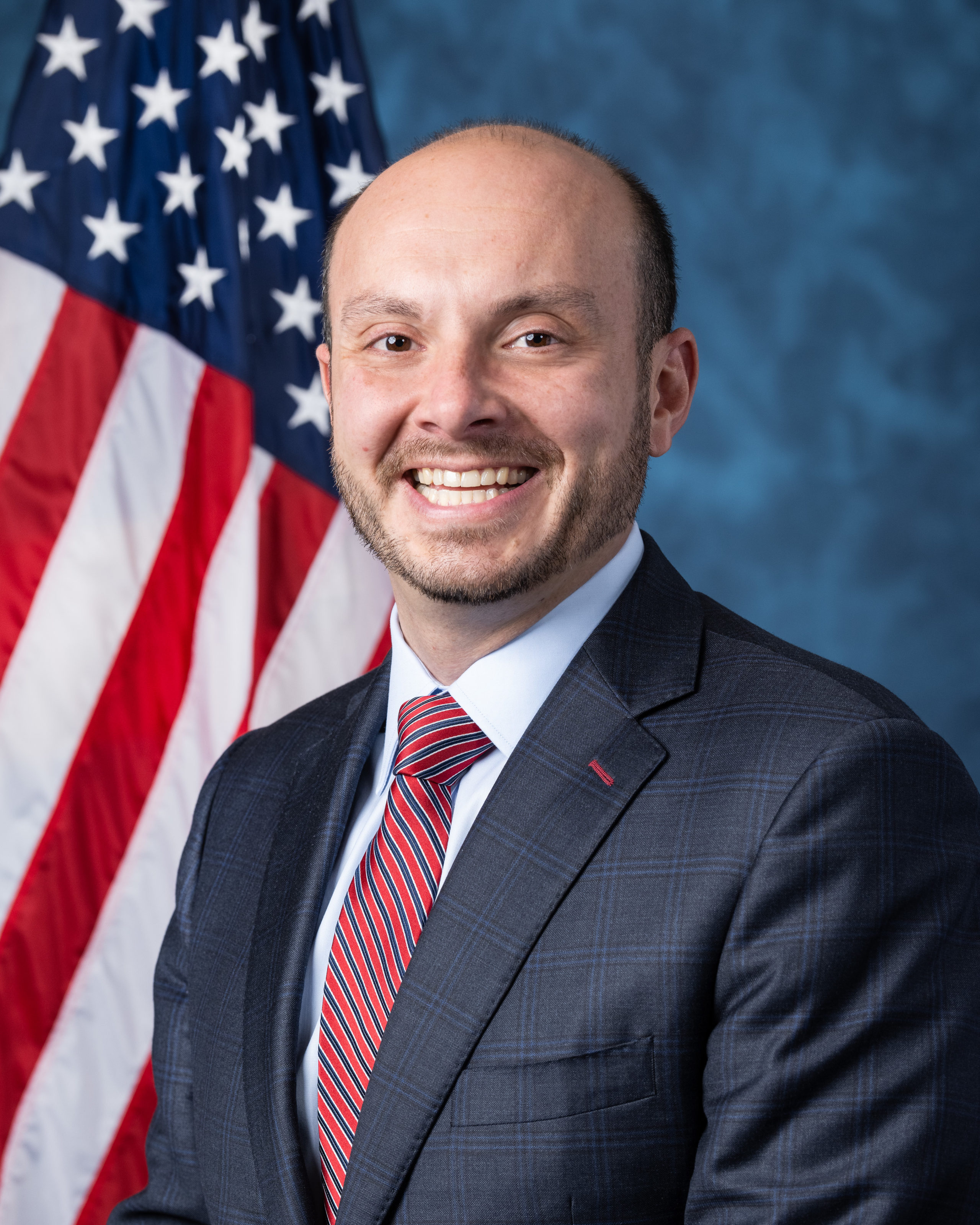
Chanikarn Thongsupa

LBJ Library

Brendan Smialowski, Agence France-Presse
Exit

44, Indiana — 5, R
The first Ukranian-born member of Congress and the first member born in a then-Soviet Republic. Victoria, who immigrated to the United States at the age of 22, is the mother of two daughters and became a U.S. citizen in 2006.
Formerly serving Indiana as a state senator, she also served as the CFO in the office of Indiana’s Attorney General, a faculty member at Indiana University’s Kelley School of Business and a Big 4 public auditor. As well, she owns several businesses in financial consulting, real estate and farming.
Victoria is the first Ukrainian-born member of Congress and the first member born in the then-Soviet Republic and has the accent to prove it. However, we’ll never question her loyalty to the US as she has been focused on helping small businesses and improving healthcare for Americans.
Victoria joined a bipartisan group of colleagues to introduce the National Critical Capabilities Defense Act (NCCDA), which would establish a review process aimed at protecting US supply chains from foreign adversaries like China and Russia. This legislation would create a screening process for outbound investments in these countries, and create a system whereby the United States can quickly detect supply chain vulnerabilities in these pipelines. This seems like a pretty good start towards correcting the worldwide delays we find ourselves in today.
Victoria has been focused on all things healthcare this year, ranging from COVID-19 vaccines to opioids. This year, Victoria was appointed to serve on the Healthy Future Task Force, putting her at the forefront of the Republican agenda for healthcare. Victoria introduced a Congressional Review Act (CRA) Resolution, which looks to nullify the Labor Department’s “COVID-19 Vaccination and Testing Emergency Temporary Standard.” In regard to opioids, Victoria joined a group of colleagues to introduce the IMPACT Act, which would extend the timer physician may hold long-acting injectable buprenorphine (medication for opioid use disorder) to 14 days to 60 days.
The pandemic accelerated the need to have fast solutions and not be held up by political gridlock. Victoria and Democratic colleague Hakeem Jeffries (NY) introduced the Patents of Humanity Act which would codify into law an expedited process to obtain patents for innovators who use game-changing technologies to meet humanitarian challenges. This bill would be a push to incentivize creativity and innovation, but we also wonder what defines a “game-changing” technology?
As citizens and politicians alike try to keep up with combating the opioid crisis, the introduction of seemingly common sense legislation is always heartening. Victoria joined a group of colleagues to introduce the IMPACT Act which would extend the time a physician may hold long-acting injectable buprenorphine (medication for opioid use disorder) from 14 days to 60 days. Simple logistics make the 14-day time limit a barrier for treatment. With this legislation, their hope is that the physician can administer improved continuity of care and treatment of opioid users. Perhaps a small battle to be won in a much larger war.
39, New York — 2, R

